Introduction to Supplier Consolidation
World of Procurement blog
MAY 23, 2024
Supplier consolidation refers to the strategy of reducing the total number of suppliers that a company deals with and instead focusing procurement spending on a select few preferred suppliers. Having strategic partnerships allows suppliers to lower prices. This reduces administrative costs of procurement.

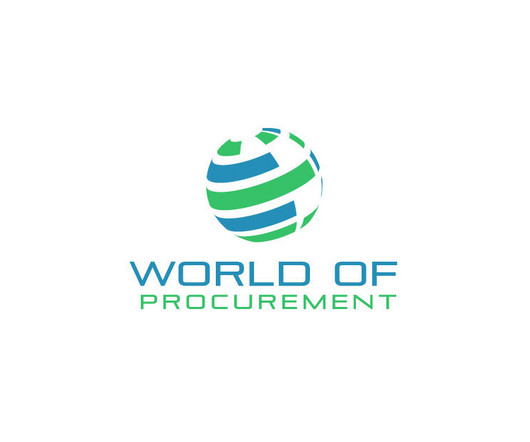

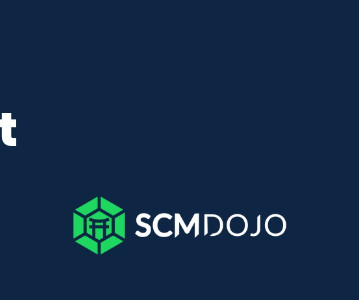

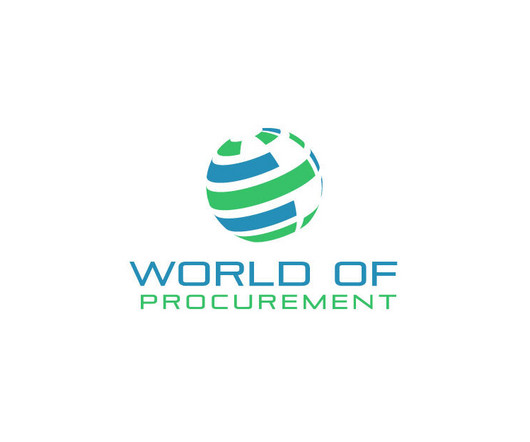


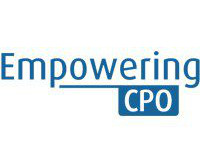


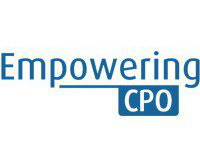




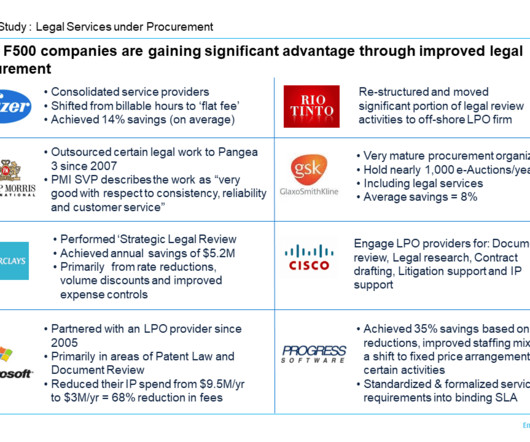






Let's personalize your content